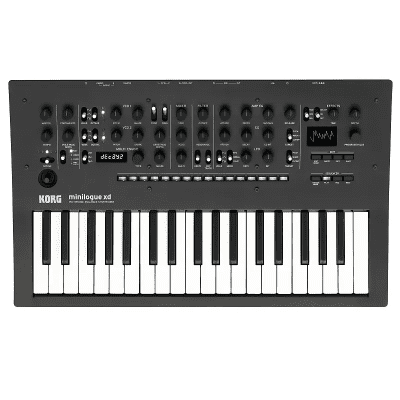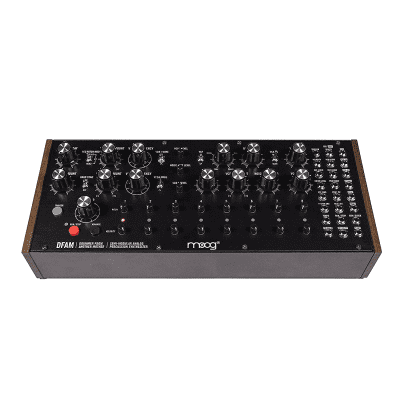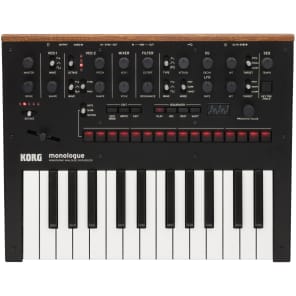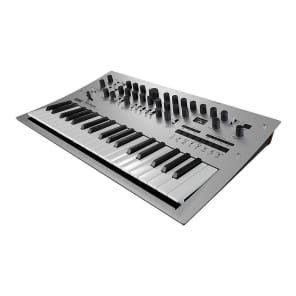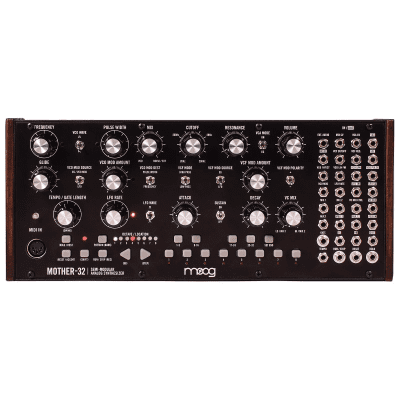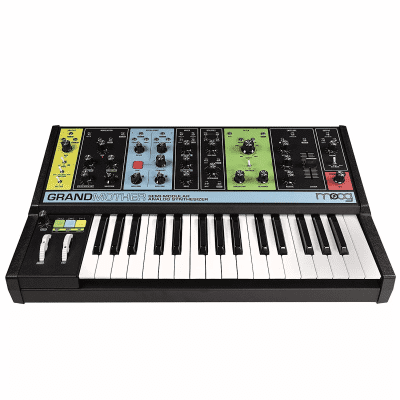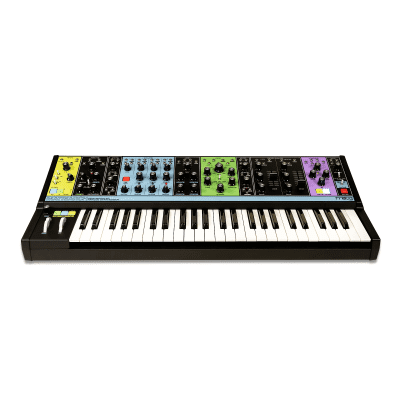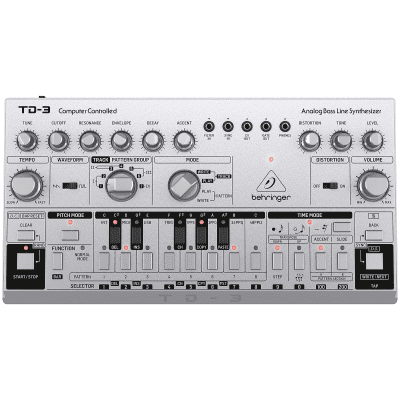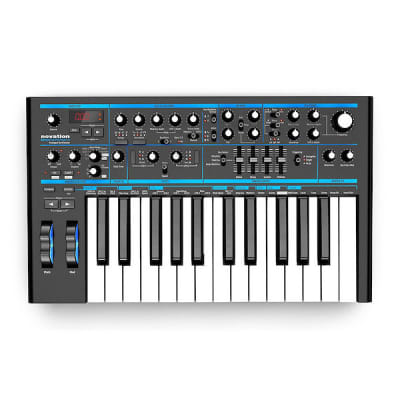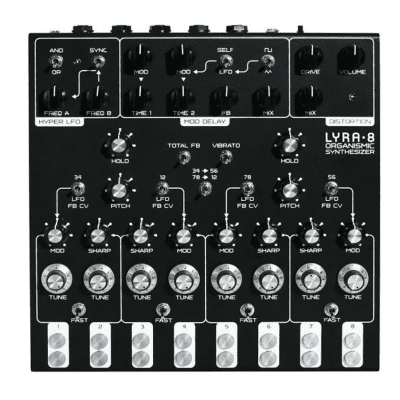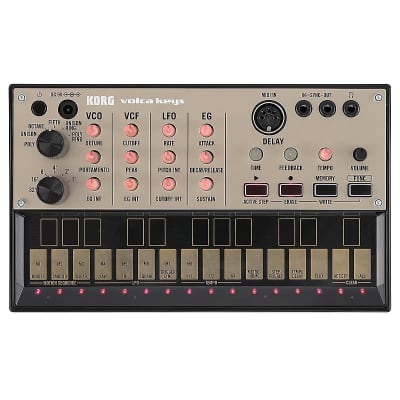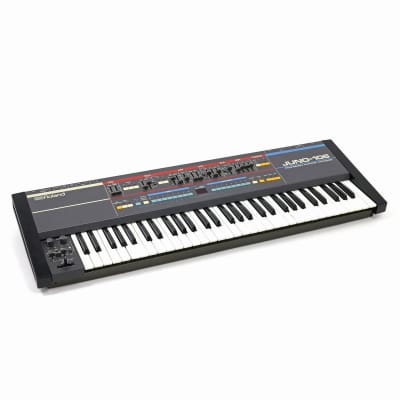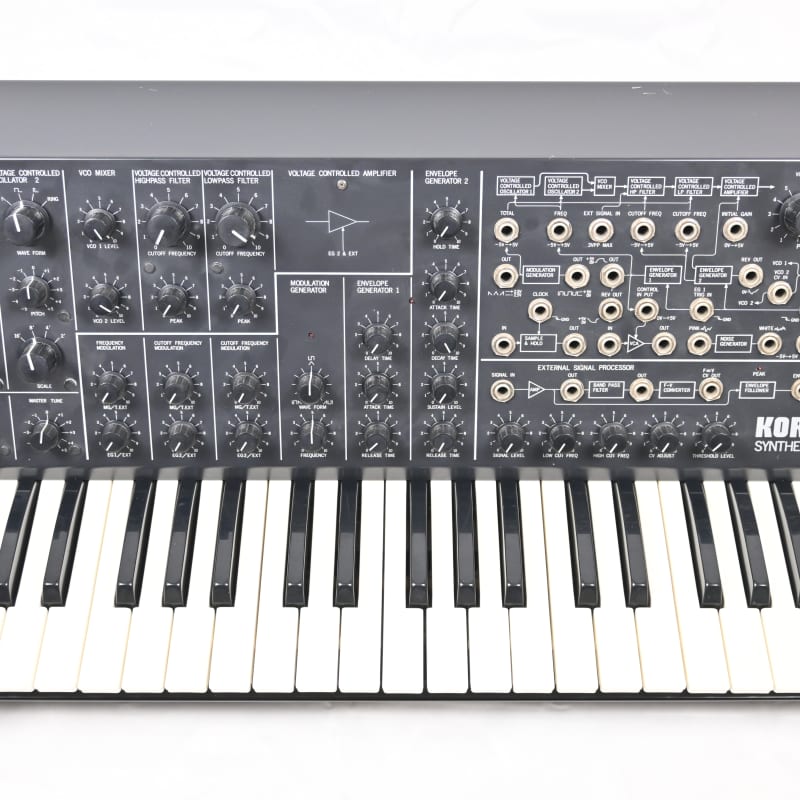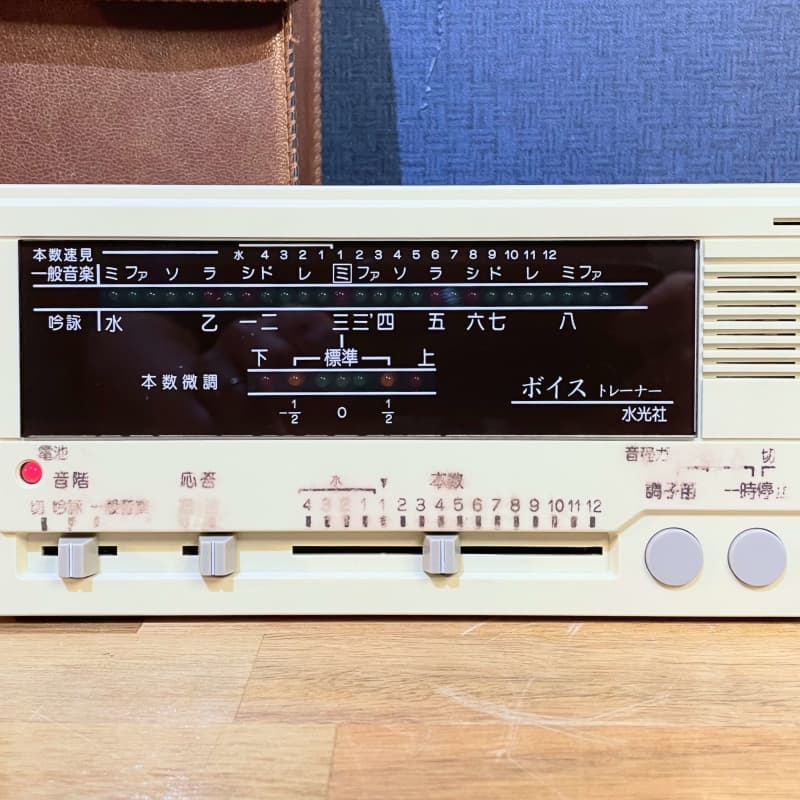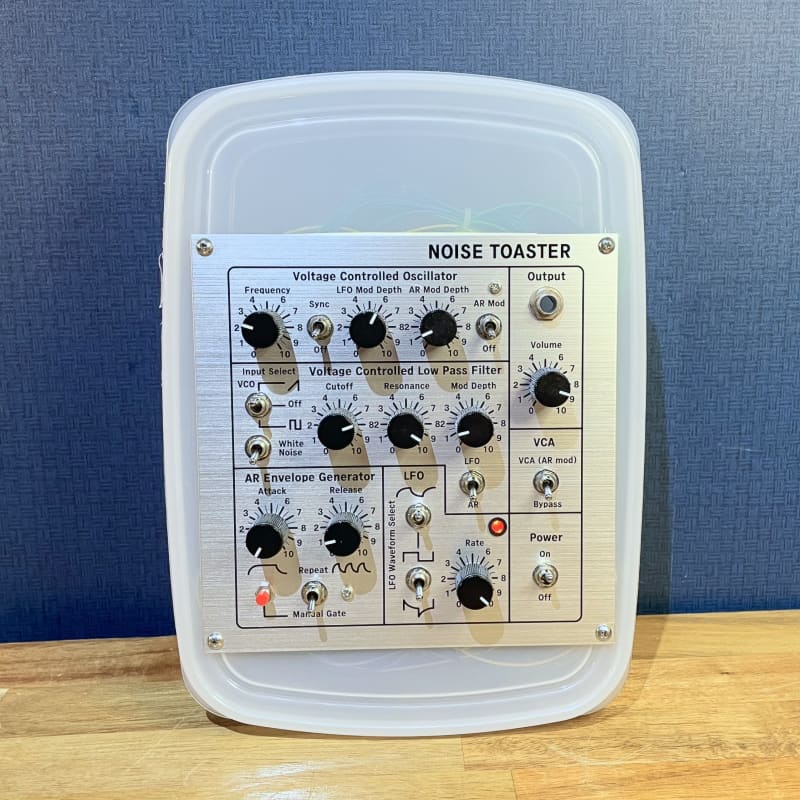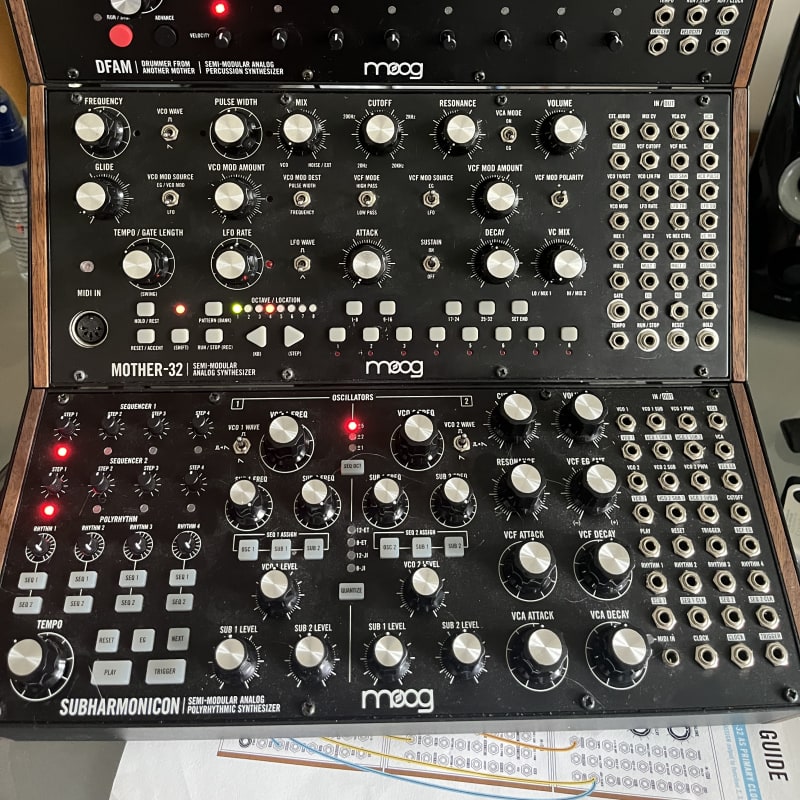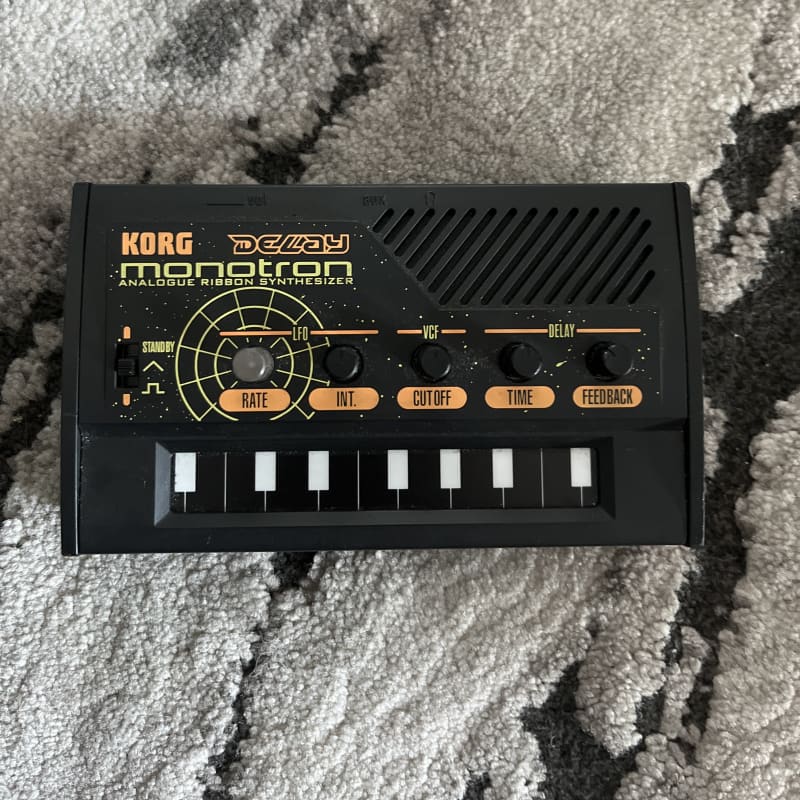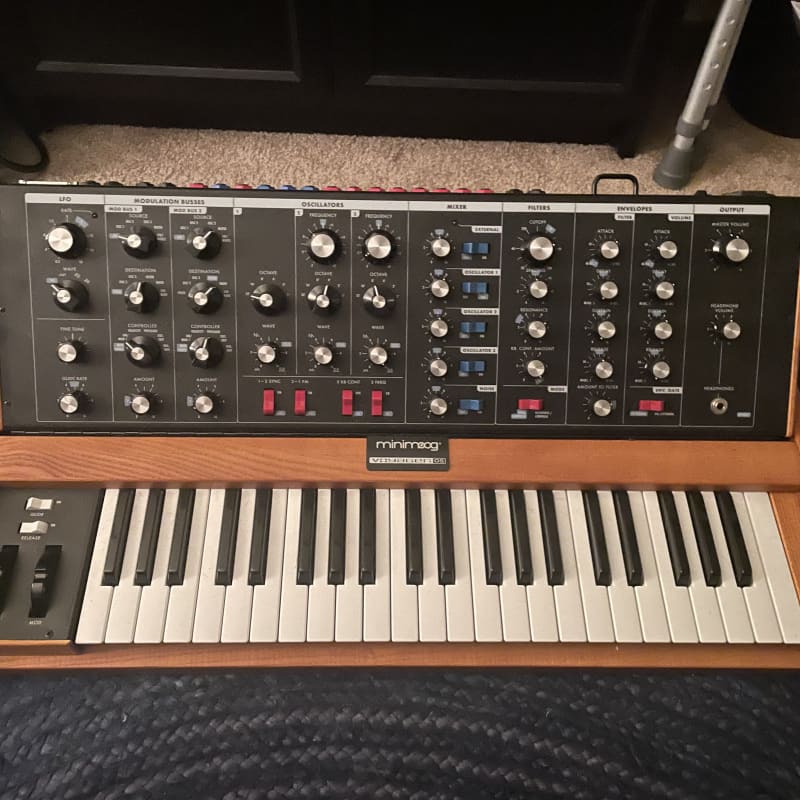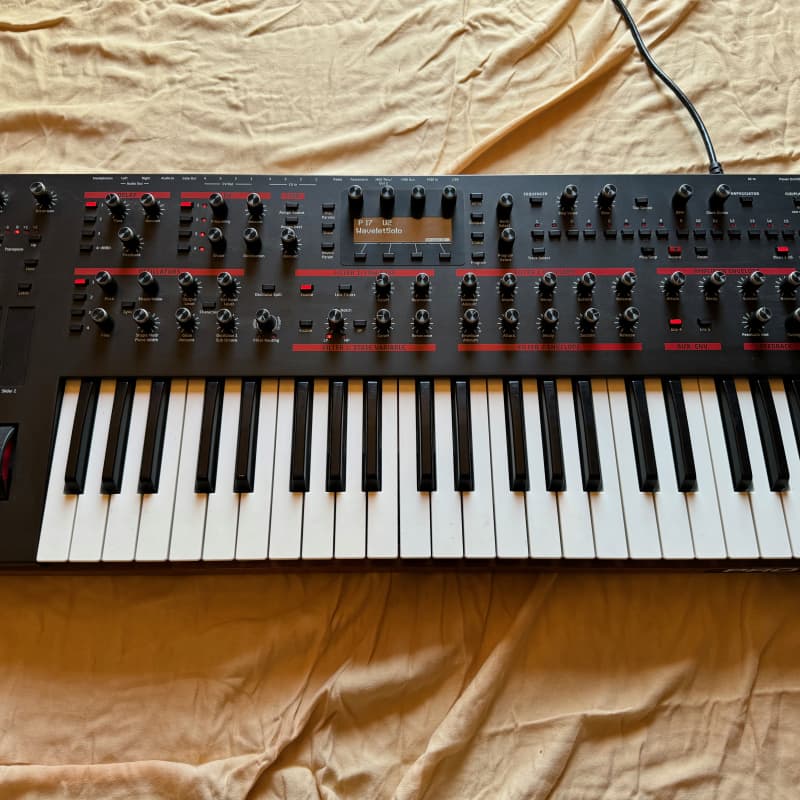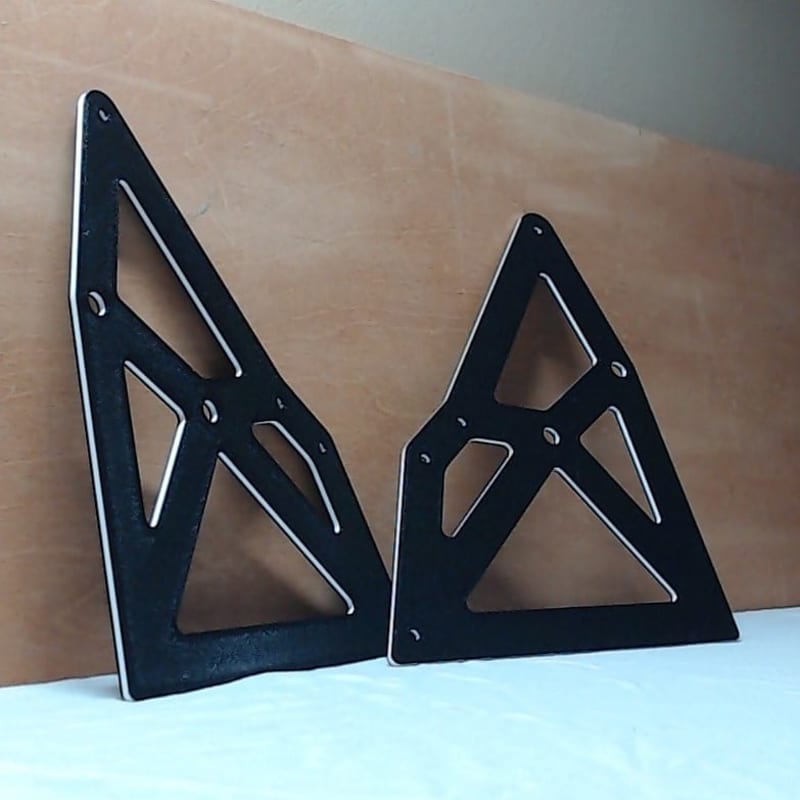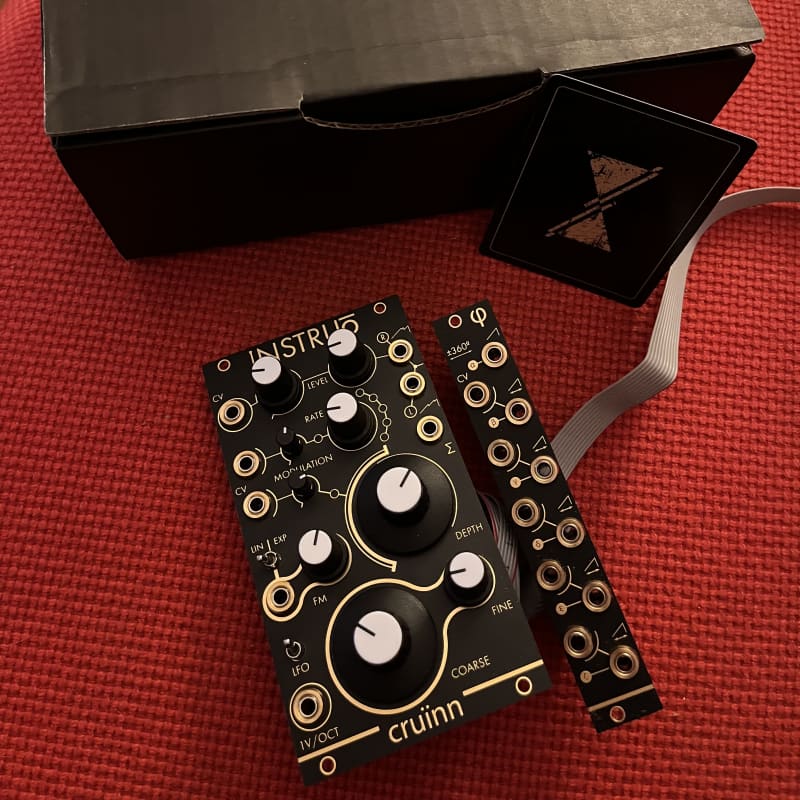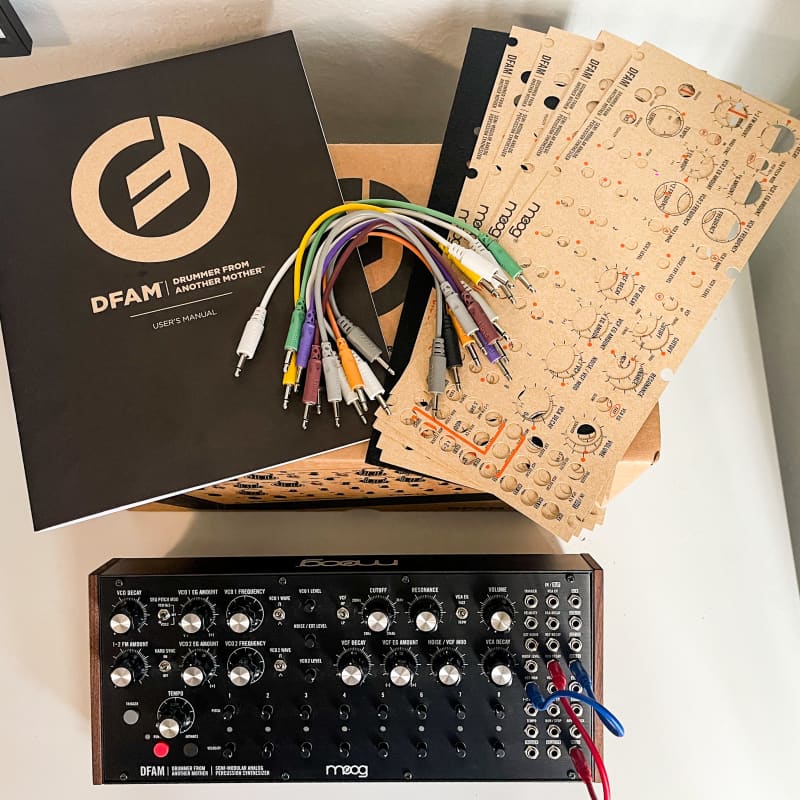Analog Synths
Analog Synths For Sale on Reverb
While analog synth history arguably dates back to the late 19th-century, the story of what most people think of when they think of synths begins with the innovations of Bob Moog, Don Buchla, and other pioneers in the 1960s. This era saw the first reliable, commercially viable synthesizers hit the market bringing with them an entirely new sound built on voltage-controlled oscillators, filters, amps and other components.
Analog synths fell out of favor in the '80s as digital models entered the scene. In recent years, however, there's been a major analog revival among musicians and producers looking for a path to their ideal waveforms and sounds. Whether you're looking for a vintage synth or a modern alternative, we've got a broad variety of analog synthesizers to choose from—find your next one here.
